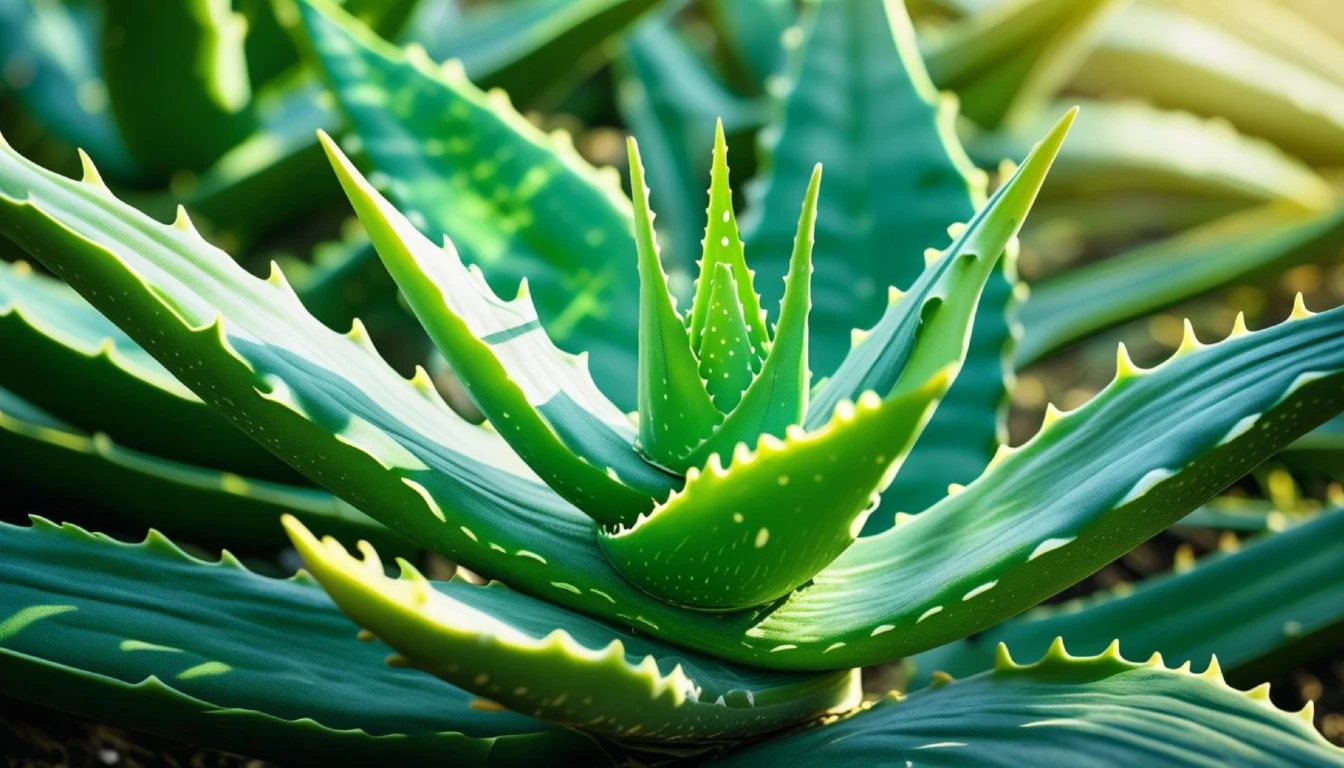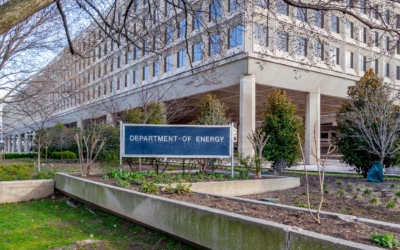Aloe E-Cell introduces the world’s first fully biodegradable battery made from aloe vera, addressing electronic waste issues, supporting sustainable development, and empowering women entrepreneurs. Supported by the Indian government, this eco-friendly innovation offers a longer lifespan and soil-restoring waste upon disposal.
Aloe E-Cell Pvt. Ltd. has launched the world’s first fully biodegradable battery, crafted entirely from aloe vera. This innovative solution not only addresses the escalating problem of electronic waste but also intersects with themes of sustainability, women’s empowerment, and regenerative agriculture. The aloe vera battery is a remarkable alternative to conventional batteries, which have often been condemned for their toxic components and environmental impact. Once discarded, this eco-friendly battery transforms into a nutrient-rich fertiliser, significantly contributing to soil restoration and circular economy initiatives.
The development of this battery was borne out of a deep concern regarding the environmental ramifications of electronic waste, which had been largely overlooked. Each disposed battery can contaminate a staggering 167,000 litres of water, compounding the urgent need for a cleaner alternative. During nearly five years of extensive research, the team at Aloe E-Cell identified aloe vera for its superior electrochemical properties, ultimately replacing up to 60% of the hazardous materials typically found in conventional batteries.
Unique features of the Aloe E-Cell batteries distinguish them from their traditional counterparts. They boast a construction free of hazardous metals such as mercury, cadmium, and nickel, and replace plastic components with biodegradable materials. Additionally, these batteries claim to have a lifespan that is up to 1.5 times longer than conventional options, and require no synthetic corrosion inhibitors thanks to the natural properties of aloe vera. These characteristics position them as a viable choice not just for environmentally-conscious consumers but also for those seeking cost-effective options, given the abundance of aloe vera as a raw material.
Aloe E-Cell has also achieved support from the Indian government, aligning its mission with Prime Minister Narendra Modi’s ‘Mission LiFE’ initiative, which promotes sustainable lifestyles. The Technology Development Board (TDB) has invested heavily in this venture, providing funding aimed at commercialising the aloe vera battery. With a project value of ₹2.98 crores, the TDB’s contribution supports innovation that eschews heavy metals and toxic chemicals, further legitimising Aloe E-Cell’s commitment to sustainability and indigenous development.
The broader implications of this innovation extend to its socio-economic impact as well. Aloe E-Cell is not just an environmentally responsible enterprise; it is a woman-led startup, spearheaded by Nimisha Varma, whose vision intertwines technological advancement with empowerment. The initiative respects agricultural practices and supports farmers, while also highlighting the potential for women in the clean technology sphere, marking a notable contribution to gender equality within industrial innovation.
In a time when the demand for greener technologies is greater than ever, Aloe E-Cell stands at the forefront, proposing a solution that is as practical as it is necessary. Their mission encapsulates a future where the lifecycle of batteries does not culminate in environmental degradation, but instead fosters sustainability through innovative concepts like battery-to-fertiliser conversion. As the environmental crisis looms larger, the transition to such eco-friendly solutions not only appears beneficial—it seems imperative.




